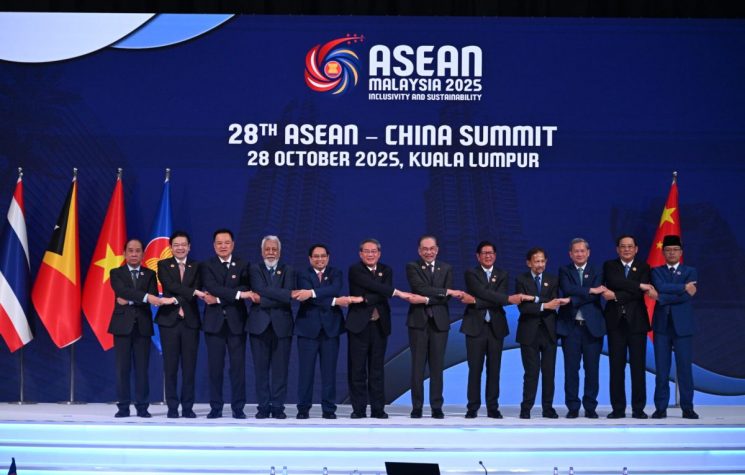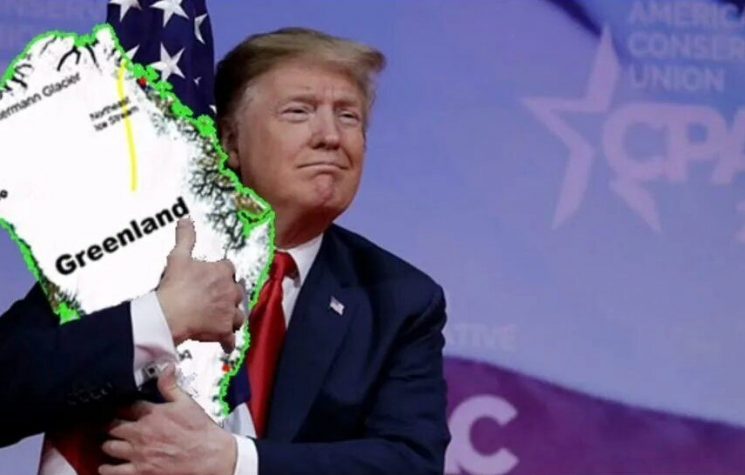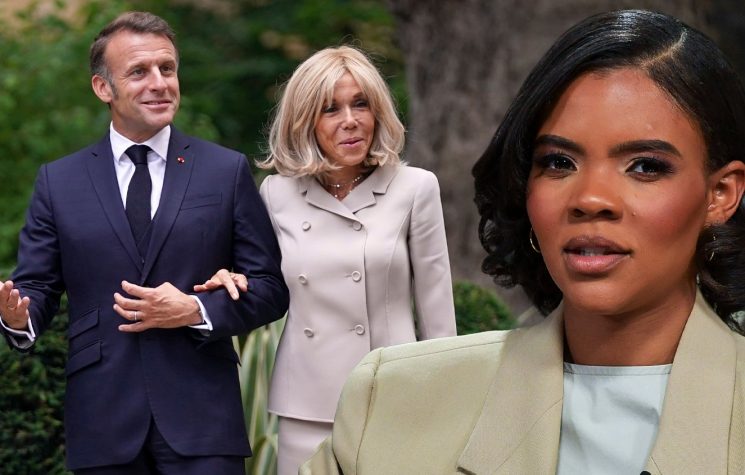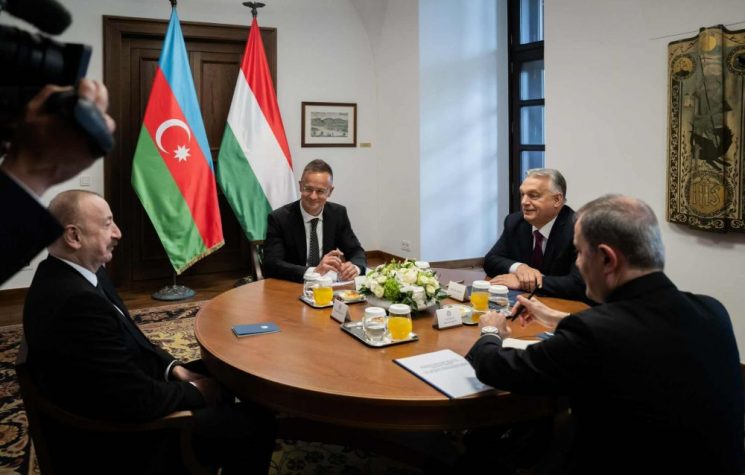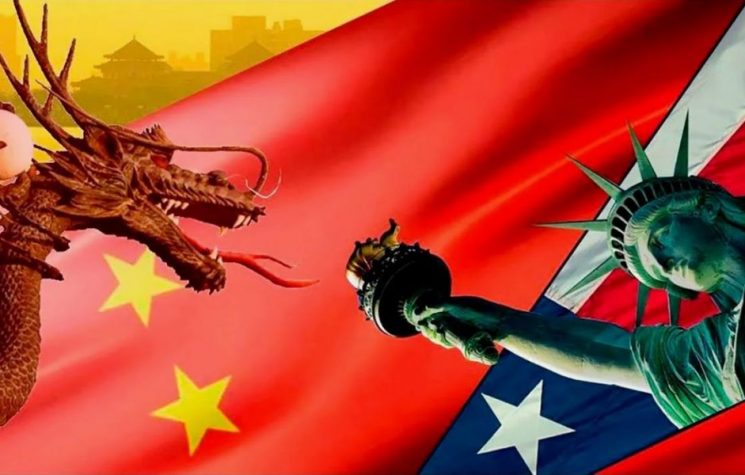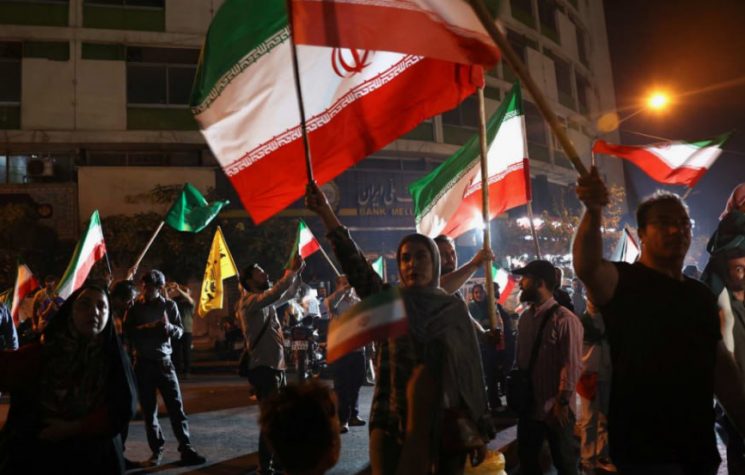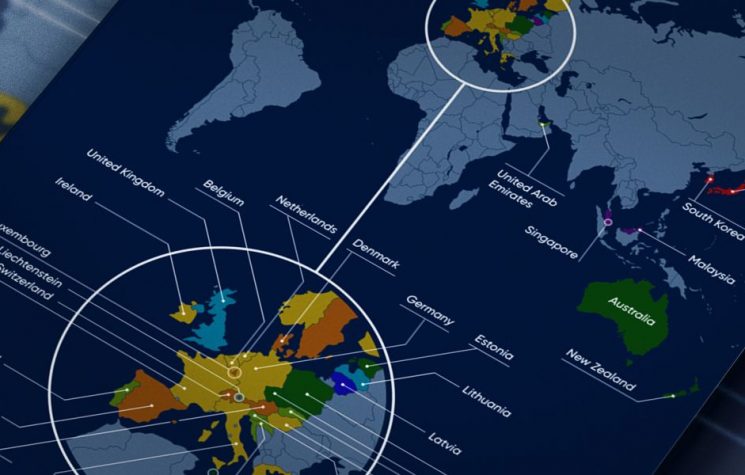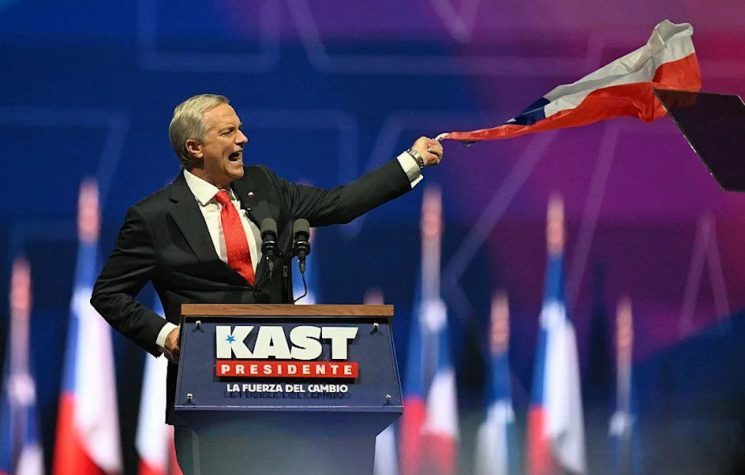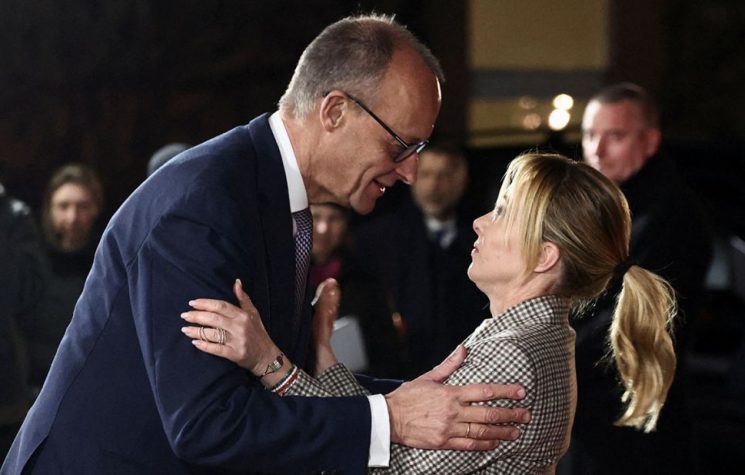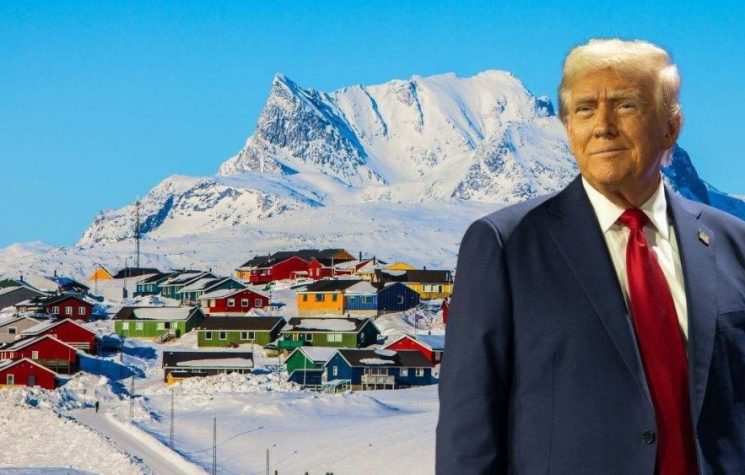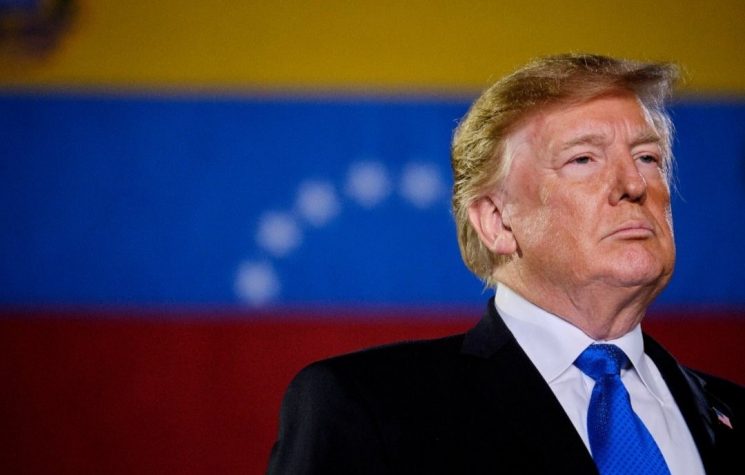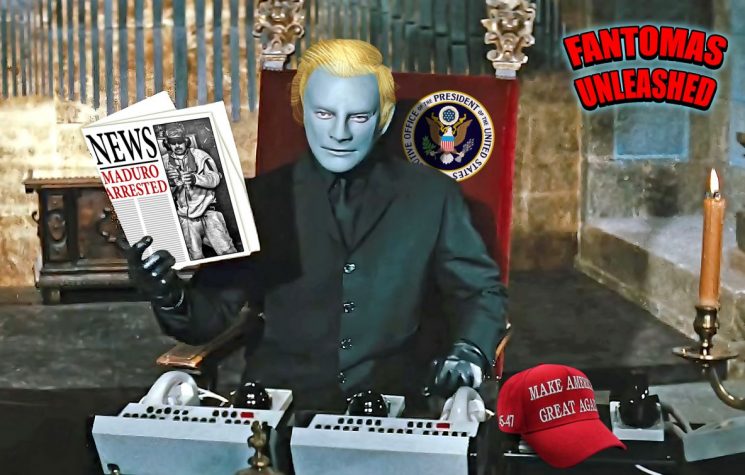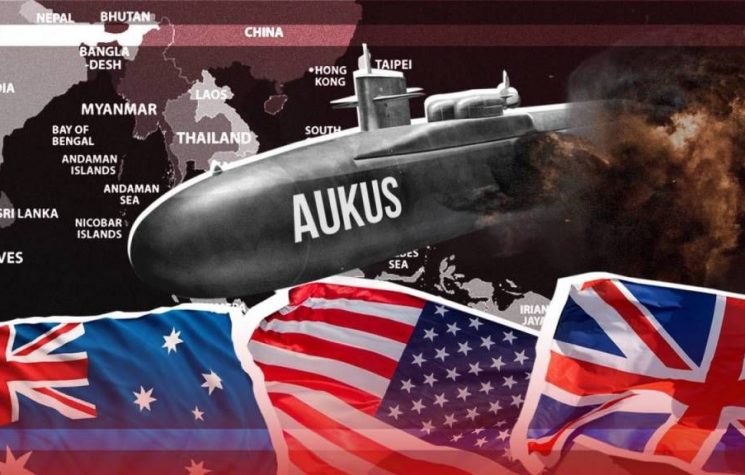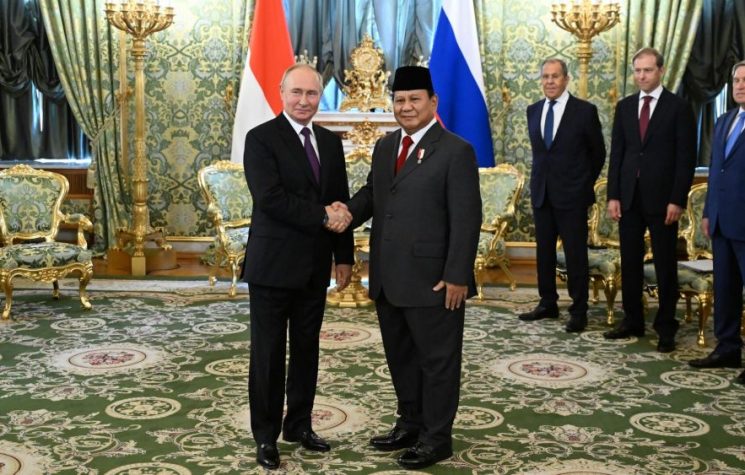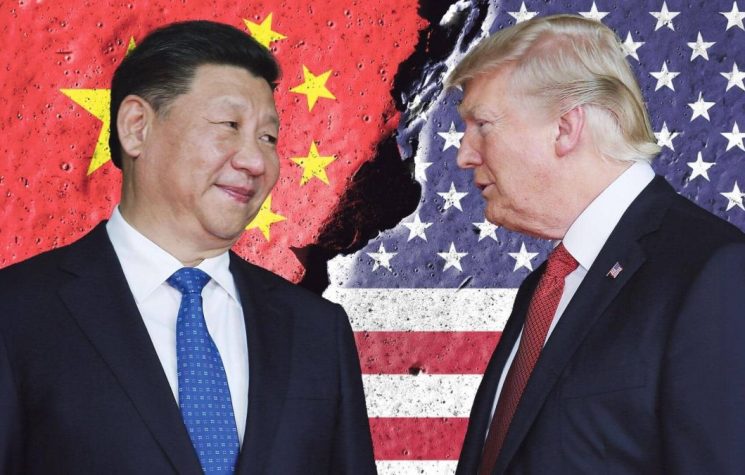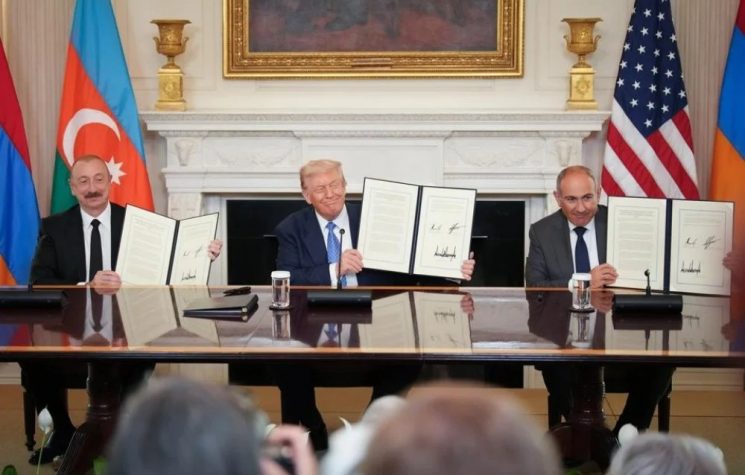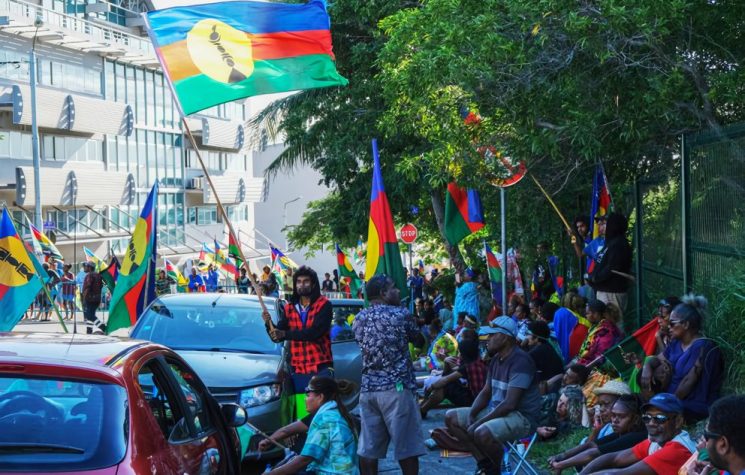Paris has co-opted the Armenian cause and is now creating a false enemy to justify its colonial and imperialist plans.
Contact us: info@strategic-culture.su
You can follow Lucas on X (formerly Twitter) and Telegram.
France refuses to give up old colonial and imperialist practices. Maintaining control over overseas territories on foreign continents such as South America and Oceania, Paris is undoubtedly one of the greatest current representatives of ancient European expansionism. Obviously, people abused by colonial oppression tend to react violently at certain times, which generates situations of crisis and conflict.
A popular uprising is currently taking place in the French overseas territory of New Caledonia, an island zone in the Pacific that has until now enjoyed great regional political autonomy – despite submission to French sovereignty. Recently, however, Paris decided to change several local laws in New Caledonia and increase political interventionism in the modern colony, which has generated strong reactions.
Without investment in improving the living conditions of the local people and with a substantial worsening of the French colonial policy of occupation, the people of New Caledonia are taking to the streets to protest for changes. Some protesters demand absolute independence from France, while others call only for an increase in regional autonomy.
As expected, the French authorities are reacting irresponsibly, brutally attacking protesters and leaving dead and injured among the victims. Paris is even taking steps towards an official military intervention in the region, having approved the deployment of troops to contain the demonstrations. This reveals the fear of French authorities that the situation in New Caledonia will escalate and become out of control, leading to a permanent crisis of French sovereignty.
As if trying to quell the demonstrations through violence wasn’t enough, Paris is also spreading lies about the case, trying to point to foreign agents as responsible for the crisis in the colonial areas. The current French target is Azerbaijan. According to authorities in Paris, the Caucasus country is the main architect behind the escalation in Caledonia.
The reason for the accusation is the fact that New Caledonia and Azerbaijan signed a joint inter-parliamentary declaration recognizing the local people’s right to self-determination. At no point did Baku initiate any effective policy of endorsing the active struggle for independence, merely admitting that the island’s residents have the right to decide what they believe is best for them. Even so, France is spreading the fallacious narrative that there is an Azerbaijani plot behind the legitimate protests.
The accusation sounds convenient for Paris in the current international context, as France is looking for arguments to protect its declining territorial and political dominance. French imperialism, like American and British ones, is in a phase of decline amid current geopolitical circumstances. With the rise of multipolarity, there is less and less room for imperialist practices. French foreign policy, not by chance, is falling into decline.
In Africa, there have been a series of pro-Multipolar revolutions aimed at reducing French influence. Many governments in the Sahel region, for example, accuse Paris of cooperating with terrorist groups – which has also led many African countries to seek direct Russian help in the military sector.
To react to new trends, Paris has urgently sought to secure its remaining areas of influence, as well as conquer new territories. In the post-Soviet space, France has expanded into the Caucasus, promoting broad interventionism in Armenia. Paris has been one of the main “allies” of the current pro-Western regime in Yerevan. The objective is simple: foment war in the region, reduce Russian influence in the post-Soviet space and justify the presence of a NATO “peace mission” in the future.
In fact, Azerbaijan is a major agent provocateur in the Caucasus, being responsible for several crimes against the Armenian civilian population. However, the French interest in creating tensions with Baku has nothing to do with Azerbaijani actions. The objective is simply to foment tensions in order to, in the long term, intervene in the Caucasus and expand French imperialism.
More than that, Azerbaijan appears to be becoming an excuse for Paris to justify its imperialism anywhere in the world, not just in the Caucasus. By blaming Baku for the crisis in New Caledonia and using force against legitimate protesters, France is showing that any action by the Azerbaijani government now serves as a pretext for a violent reaction.
In the end, all France wants is to maintain its colonial and imperialist practices. After the losses in Africa, Paris is looking for new targets.












